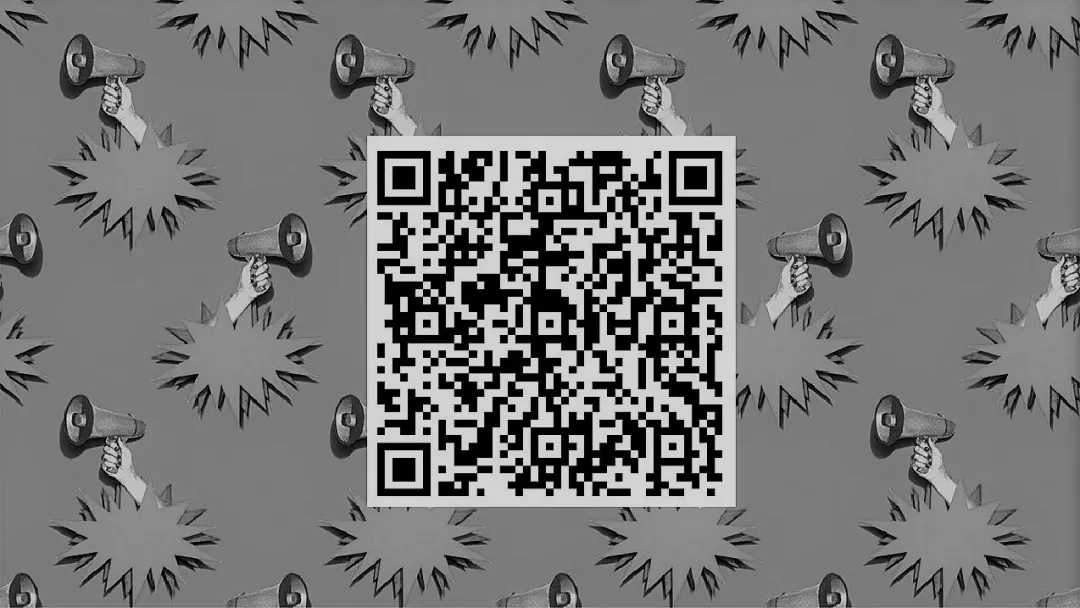Topic: Who Believes Government Propaganda? Experimental Evidence from China
Speaker: Fengming Lu, a Visiting Fellow and Lecturer (starting from early 2021) at the Department of Political and Social Change, the Australian National University.
Host: Li Shao, School of Public Affairs, Zhejiang University
Time: 11 December 2020 (Friday) 14:00-15:30
Venue: Room 107, School of Public Affairs, Zijingang Campus
The introduction of the lecture
There is a burgeoning literature on the role of political propaganda in political science and economics. However, the existing literature mostly focus on the general effect of official propaganda. We still know little about to what extent political propaganda works, what specific groups are convinced by political propaganda, and more importantly, who pretend to believe political propaganda or deny the truth. In the meantime, the extant research takes direct responses at face value and fails to tackle the potential social desirability bias. This paper employs the incentivized response technique and face-to-face survey data based on a representative sample of Chinese urban citizens to tackle the problem. We theorize sources of don't know responses and find that political pressure produces a deterring effect by inducing about 20% more respondents to identify with don't know options in propaganda-related questions. The effect is more pronounced among individuals with high levels of conformity.
The introduction of the speaker

Fengming Lu is a Visiting Fellow and Lecturer (starting from early 2021) at the Department of Political and Social Change, the Australian National University. Dr. Lu received Ph.D. in political science from the Department of Political Science at Duke University in 2018. Between 2018 and 2020, he was a postdoctoral fellow of the Peking-Princeton Postdoctoral Program. Dr. Lu's research focuses on comparative politics, Chinese politics, party politics, and the role of information inpolitics. He has published in peer-reviewed journals such as Political Communication and Economics of Education Review.
QR Code for IAGG Public Lectures



